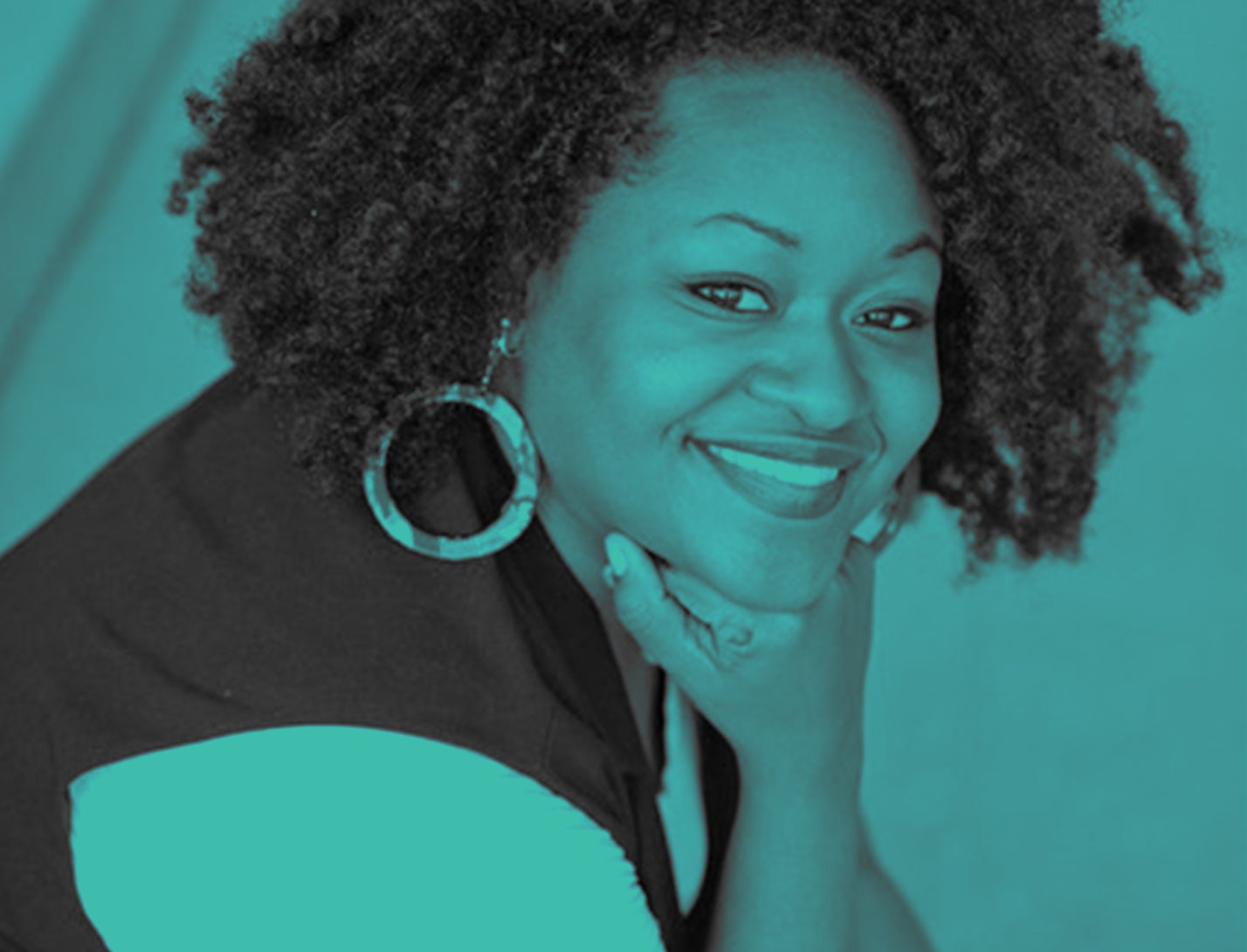
Breadcrumb
- Wallace
- Reports
- Youth Perspectives On Designing ...
Youth Perspectives on Designing Equitable Out-of-School-Time Programs

- Author(s)
- Daniel Browne
- Publisher(s)
- The Wallace Foundation
Summary
How we did this
The study was informed by the principles of youth participatory action research. In this approach, young people draw on their lived experience to form questions about an issue that affects them directly. They then carry out research and recommend changes to policies and practices based on their findings.
High-quality afterschool, summer, and other out-of-school-time programs can benefit young people. In what ways? Everything from skill-building to developing positive relationships with others.
But studies show a problem. Young people from working-class backgrounds have less access to and engagement with programs than others.
To learn more about the challenges to equity in the out-of-school-time field and possible solutions, The Wallace Foundation commissioned a study. Part of that research was carried out by a team of 11 high school and college students. They surveyed and held focus groups with other teenagers. Their findings are described in this brief.
Key survey and focus group findings
The survey was based on peer network sampling and got responses from 191 young people. Their answers offer an indication of youth experiences and views of out-of-school-time programs.
A majority said that they or someone they knew had faced obstacles that had prevented them from joining a program. And 45 percent said they had sometimes been treated differently from others in programs because of their race, ethnicity, gender identity, or religion. Nearly two-thirds of Black respondents reported this.
Focus group participants said several factors limited program participation. These included the cost of program fees and unequal distribution of programs across neighborhoods or schools.
The young people also pinpointed factors that enhance programming.
Among them:
- A sense of community and a non-cliquish atmosphere
- Interesting and useful experiences. These include opportunities the teens might not otherwise have, such as internships, skill-building, and public speaking.
- The opportunity to have their voices heard and to take on leadership roles
Recommendations
The youth researchers make a number of recommendations, including:
- Eliminating discriminatory behaviors by program staff members and participants
- Ensuring programs have the resources to reduce participation barriers such as program fees and lack of transportation
The brief is part of an occasional Wallace series titled Considerations. In this series, the foundation invites leading scholars and other experts to share insights based on research and theory.
Key Takeaways
The survey was based on peer network sampling and got responses from 191 young people. Its results offer an indication of youth experiences and views of out-of-school-time programs:
- Most survey respondents had faced barriers to joining a program or knew of someone who had.
- About 45 percent said they had sometimes been treated differently from others because of their race, ethnicity, gender identity, sexuality, or religion. Nearly two-thirds of Black respondents said they had sometimes been treated differently.
- The young people welcomed things like a non-cliquish atmosphere and experiences that build skills.
- Taking down barriers like lack of transportation and high program fees could help boost participation.
Materials & Downloads



